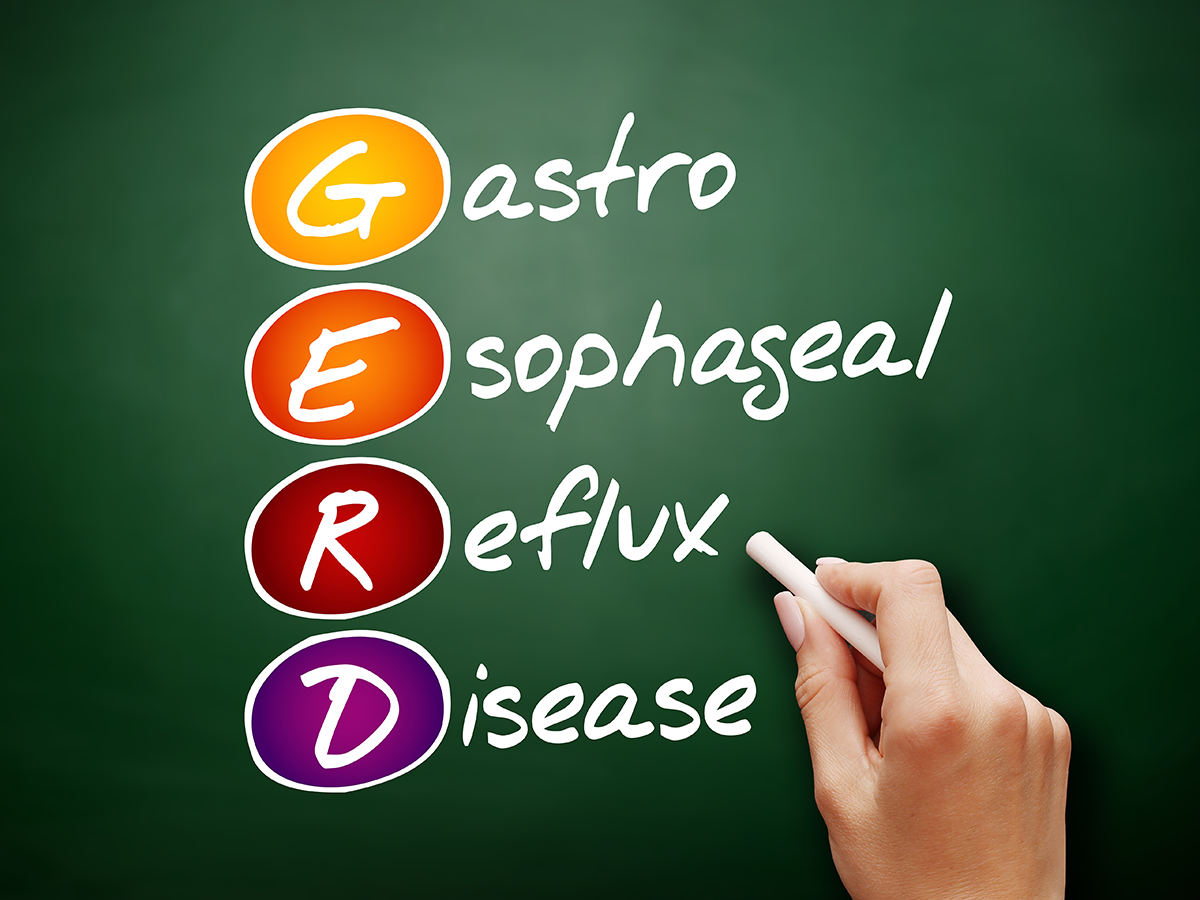Frequent acid reflux, called GERD, could be more serious than you know
 Whether due to a spicy meal or going to bed too soon after eating, almost everyone suffers occasionally from heartburn, also known as acid reflux. If it happens often, it’s possible that you are dealing with something more — gastroesophageal reflux disease, commonly known as GERD.
Whether due to a spicy meal or going to bed too soon after eating, almost everyone suffers occasionally from heartburn, also known as acid reflux. If it happens often, it’s possible that you are dealing with something more — gastroesophageal reflux disease, commonly known as GERD.
GERD is one of the most common gastrointestinal diseases in the United States. According to the U.S. Department of Health and Human Services, about 20% of American adults have GERD.
GERD occurs when stomach acid flows up the esophagus, a tube that connects the mouth and stomach. Over time, frequent bouts of acid reflux can irritate the esophagus lining and cause GERD.
Risks and symptoms
If left untreated, GERD can cause damage to the esophagus and increase the risk of developing complications such as esophagitis (inflammation of the esophagus), strictures (narrowing of the esophagus), and Barrett's esophagus (a condition where the cells in the esophagus change and become more likely to develop into cancer). Common symptoms of GERD include:
- Heartburn
- Regurgitation
- Chest pain
- Nausea
- Problems or pain swallowing
- Chronic cough or hoarseness
Lifestyle changes and treatments
Lifestyle changes can make a difference in reducing GERD symptoms. Recommended changes include losing weight, quitting smoking and changing your diet. Avoiding foods and drinks that commonly trigger symptoms can also be helpful. These often include:
- Acidic foods, such as citrus
- Alcohol
- Chocolate
- Coffee
- High-fat foods
- Spicy foods
- Mint
Treatment and management of GERD symptoms is important. The damage it causes to the esophagus can become serious over time. Treatment varies depending on the severity of your symptoms and the progression of damage to the esophagus.
Over-the-counter and prescription medications can help alleviate GERD symptoms. These medications counteract and reduce the amount of acid that your stomach makes. They include:
- Antacids
- H2 blockers
- Proton pump inhibitors
If GERD symptoms don’t improve, or even worsen, a medical procedure is a possible treatment.
Fundoplication is a common surgery for GERD. During the procedure, a surgeon sews the top of the stomach around the end of the esophagus. This adds pressure to the esophagus and prevents acid reflux.
It is important to seek medical attention if you are experiencing symptoms of GERD. Your doctor can help to diagnose the condition and recommend the best course of treatment to help manage symptoms and prevent complications.
